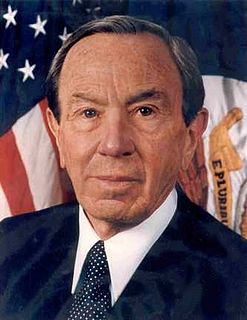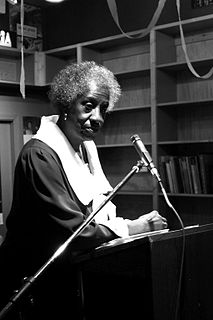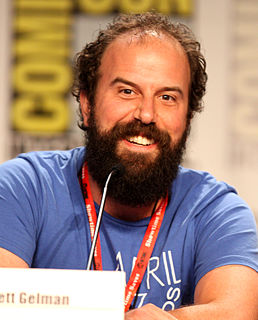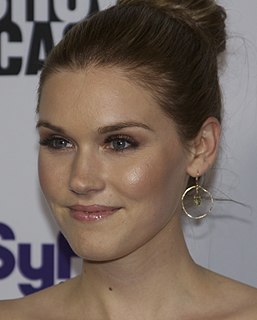A Quote by Anurag Kashyap
I think the perspective that small-town directors bring to films is very different.
Related Quotes
Why not take a science fiction comic and put the characters in a small town to gain their particular perspective? A lot of that comes from me growing up in a small town on a farm, so that's what I know and what I'm comfortable with. My drawing style is also very sparse and minimalist, so a rural setting complements that.
Different directors have different techniques in the use of films. Cronenberg is very different in the way he works with film, and how he takes the audience into his films is different than how Peter Jackson would do that or Jon Stewart. So, if you go between those artists, you shift gears and you kind of fall into the working method of that film.
It's a fact, the majority of films in Hollywood are from the male perspective. And the female characters, very rarely do they get to speak to another female character in a movie, and when they do it's usually about a guy, not anything else. So they're very male-centric, Hollywood films, in general. So I think it's incredible that Ned Benson, when I said I'd love to know where she goes, says okay, I'm going to write another film from the female perspective.
In 'The Trip,' I play the character named Ananya Makhija, a Delhi girl who wants to get married. This is a different character from whatever I have portrayed onscreen so far - of a sweet, small-town girl. Most importantly, you will not find a trace of my character from 'Masaan.' So, I think this will change my image of a small-town girl.
I don't want to rescind American directors but I think that European directors in general, because of the size of the nations in Europe are exposed to all different cultures, they can easily travel from one distinct culture to another in a matter of hours - you can drive for two weeks across the United States and you're in the same basic culture - so there is a certain breadth of understanding and sophistication that they bring to it and frankly, in some cases they are less expensive than American directors.





































